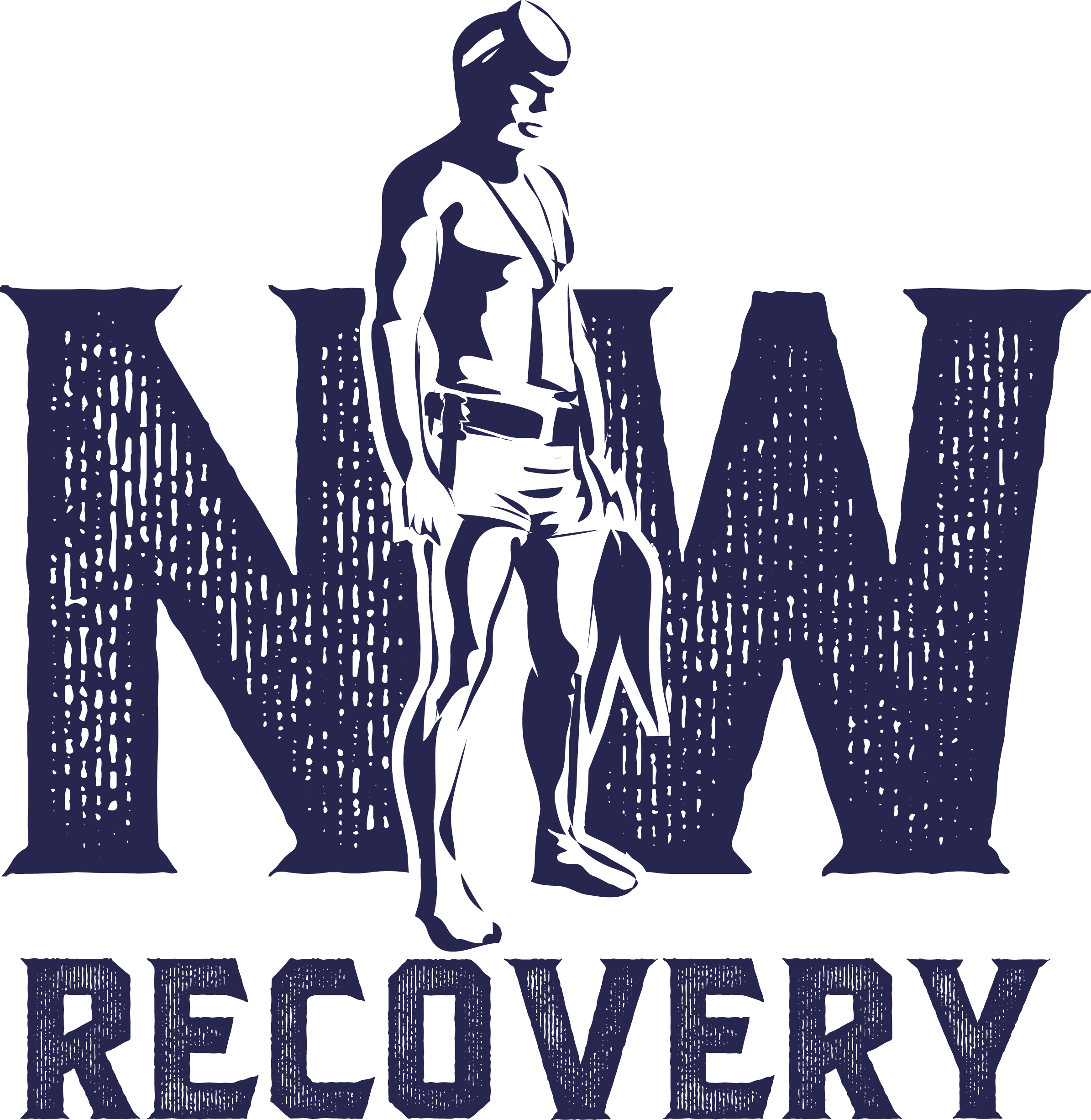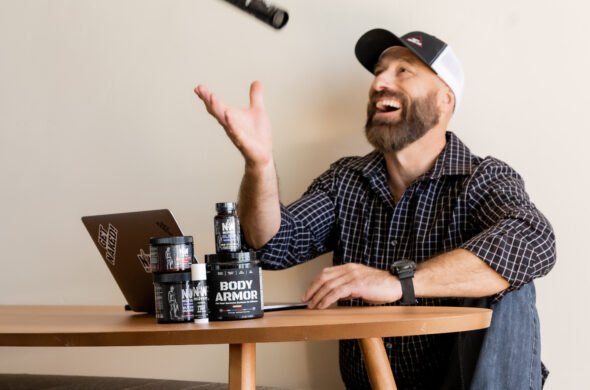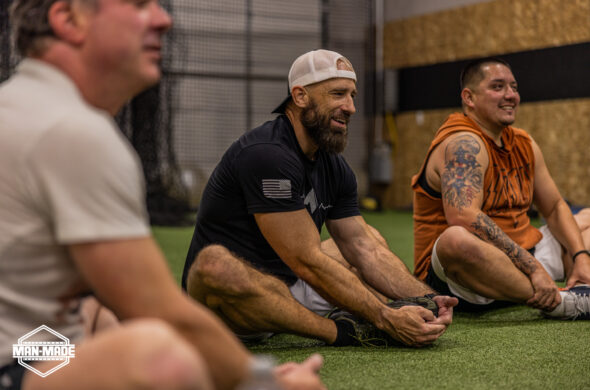Imagine being on the battlefield of success, climbing the ladder of achievements, and feeling like a fraud at every step. You’re constantly plagued by self-doubt, even though you’re objectively successful. This is the reality for many people experiencing imposter syndrome. In this blog post, we’ll dive deep into the complexities of imposter syndrome and provide you with the tools and strategies to conquer the enemy within. Get ready to transform your mindset and overcome the imposter feelings holding you back from embracing your success.
Did You Know…
- the prevalence of Imposter Syndrome ranges from 9% to 82%, with nearly 70% of people experiencing indicators at some point in their life
- root causes of Imposter Syndrome stem from early family dynamics, gender stereotypes, cultural norms, and individual trauma
Understand Imposter Syndrome
Impostor Syndrome is a psychological phenomenon that causes individuals to experience Imposter Syndrome feel inadequate and fraudulent, despite being objectively successful. It was first coined in the 1970s by psychologists Suzanna Imes and Pauline Rose Clance, who initially observed it in high-achieving women. However, research has shown that up to 82% of people experience imposter syndrome, also known as impostor syndrome, at some point in their lives, and Imposter Syndrome tends to be more prevalent among high achievers.
Imposter Syndrome affects people from various backgrounds and can be caused by a combination of parenting and childhood environment, personality traits, and mental health. Recognizing and acknowledging imposter feelings, establishing a support network, fighting self-doubt, and emphasizing personal growth are all successful strategies for overcoming imposter syndrome.
For those struggling with social anxiety disorder, seeking professional support is strongly recommended.
Imposter Phenomenon vs. Low Self-Esteem
Imposter Syndrome is distinct from low self-esteem, although both can be associated with impostor feelings. Imposter Syndrome is characterized by feelings of being an outsider or fraud, despite one’s accomplishments, while low self-esteem involves feelings of not being good enough or not measuring up to others. People who tend to experience imposter syndrome often feel like outsiders in their academic or professional environment, even when they have achieved success.
Overcoming imposter syndrome and low self-esteem requires different strategies. For imposter syndrome, recognizing and acknowledging imposter feelings, building a support network, challenging self-doubt, and focusing on personal growth, especially in an academic or professional environment, are essential.
Prevalence of Imposter Syndrome
The prevalence of imposter syndrome, or measuring impostor phenomenon, ranges from 9% to 82% of people. Nearly 70% of people will encounter indicators of the impostor phenomenon, such as feeling fraudulent, at some stage in their life. It is a common experience that can have a significant impact on one’s mental health. Even the most successful, highly-esteemed people may experience imposter feelings. Those who have been told that they are good at what they do, or received recognition such as a promotion or award, may still feel like a fraud.
The Clance Impostor Phenomenon Scale is a scale designed to measure characteristics of the impostor phenomenon, such as fear of evaluation, fear of not continuing success, and fear of not being as capable as others. A recent CIPS study found that scores from individual scales are not reliable or consistent. This suggests that these component scores should not be relied upon to make significant decisions regarding individuals with the syndrome, especially those going through minority-status stress.
Root Causes of Imposter Syndrome
The root causes of imposter syndrome are complex and multifaceted. They can be traced back to the parenting and childhood environment, personality traits, and existing mental health symptoms. Early family dynamics and gender stereotypes were some of the earliest factors connected to imposter syndrome.
Clance and Imes believed that a multitude of factors played a role in the emergence of the Imposter Phenomenon. These included gender stereotypes, familial problems, cultural norms, and attribution styles. Personal trauma can make a person extra sensitive to messages that lead them to feel like an imposter.
Childhood Environment
Parenting style and family background can contribute to imposter syndrome. Perceived parental overprotection and lack of care are associated with higher scores of imposter feelings among British students. Parenting plays a significant role in the development of Imposter Syndrome, as the environment in which a child is brought up can shape their beliefs and feelings of self-worth.
Experiencing difficulty in college for the first time and perceiving classmates as more intelligent and gifted can also induce Imposter Syndrome. Supporting a child’s academic and personal growth can help prevent the development of imposter feelings and ensure a healthy self-esteem.
Personality Traits and Imposter Syndrome
Personality traits such as extreme perfectionism and self-doubting have been correlated with a probable incidence of imposter syndrome. People who display these characteristics tend to be more vulnerable to feeling like a fraud. Experts have associated certain personality traits to imposter feelings. Namely, unhealthy forms of perfectionism can often contribute to these feelings. Unhealthy perfectionism is positively linked to imposter feelings, and lower self-esteem makes one more vulnerable to this association.
Mental Health and Imposter Syndrome
Individuals with imposter syndrome frequently experience corresponding mental health issues. Many people coping with imposter syndrome also experience anxiety and depression. Imposter syndrome can be detrimental to mental health. It can lead to a continuous cycle, making it difficult to break out of.
Strategies for Overcoming Imposter Syndrome
Conquering the enemy within starts with understanding the strategies for overcoming imposter syndrome. Recognizing and acknowledging imposter feelings, building a support network, challenging self-doubt, and focusing on personal growth are all crucial steps in overcoming imposter feelings.
Recognizing and Acknowledging Imposter Feelings
The most important step in overcoming imposter syndrome is recognizing and acknowledging feelings. One way to recognize and acknowledge imposter feelings is by using the SBNRR technique, a mindfulness technique that stands for Stop, Breathe, Notice, Reassess, and Respond. This technique can help individuals slow down and consider the situation and their own thoughts, feelings, and reactions more mindfully.
Discuss what you are experiencing and challenge your negative thoughts is essential for recognizing and acknowledging imposter feelings. By practicing these techniques, individuals can become more aware of their imposter feelings and take the first step in overcoming them.
Building a Support Network
Having a strong support network can provide emotional and practical support, increase motivation, help with problem-solving, reduce stress, and promote good mental health. Speaking up about what you are experiencing and finding someone who shares your values and who you can trust to explore your imposter feelings are key components in building a strong support network.
Positive role models can also help with imposter syndrome by reminding you that you belong in whatever role you’re afraid you don’t deserve. Surrounding yourself with supportive individuals and role models can help you feel more confident and less isolated in your journey to overcome imposter syndrome.
Challenging Self-Doubt
Challenging self-doubt can lead to increased confidence, self-esteem, and personal growth. To confront self-doubt and overcome imposter syndrome, individuals can use certain techniques, such as questioning their negative thoughts and avoiding social comparison that leaves them feeling less accomplished or less competent than someone else.
Consistently challenge your self-doubt, and you can break the cycle of imposter feelings and empower yourself to embrace your success and achievements.
Focusing on Personal Growth
Focus on your personal growth, which will lead to increased happiness, self-awareness, a sense of direction, improved focus and effectiveness, more motivation, greater resilience, and more fulfilling relationships. Avoiding comparisons and focusing on developing your own abilities are crucial in overcoming Imposter Syndrome.
Implementing strategies for personal growth, such as setting achievable goals and reflecting on progress, can help individuals overcome Imposter Syndrome and develop a healthier sense of self-worth and accomplishment.
Seek Professional Help
If you’ve tried various coping strategies and still feel like an impostor, it’s crucial to seek professional help from a mental health professional. Seeking professional help for mental health can help individuals better understand and cope with their thoughts, feelings, and behaviors and provide access to support groups, treatment programs, and medications that may not have been available previously. It can also help individuals overcome challenges and find joy in life again.
Professional help can be sought to address imposter syndrome. By working with a mental health professional, individuals can equip themselves with the essential tools and resources they need to overcome their imposter syndrome and bolster self-confidence.
Remember, the battlefield of success is a journey, and you have the power to conquer the enemy within. Keep moving forward, challenge your self-doubt, and don’t let imposter syndrome hold you back from reaching your full potential.




